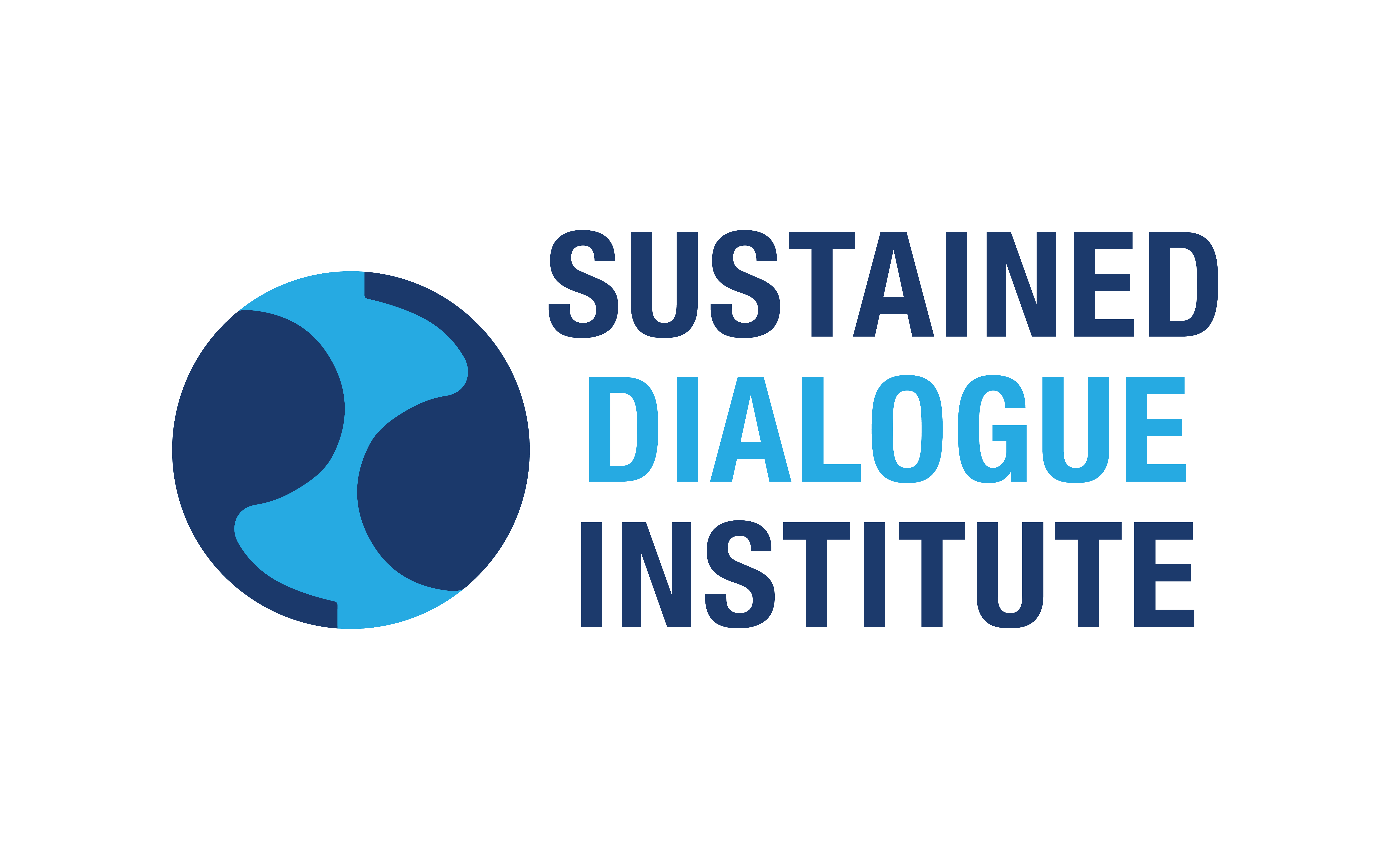The Dartmouth Conference 1960 – 2015
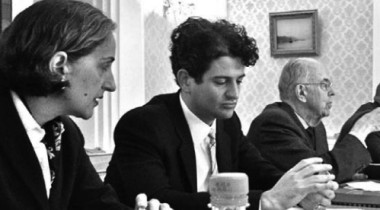
The Dartmouth Conference is the longest continuous bilateral dialogue between citizens of the Soviet Union, now Russia, and the United States. It has been an attempt to create Sustained Dialogue on the changing nature of the relationship between the two countries for the purpose of preventing nuclear war. Furthermore, strengthening the relationship between these two […]
Tajikistan 1993 – 2005
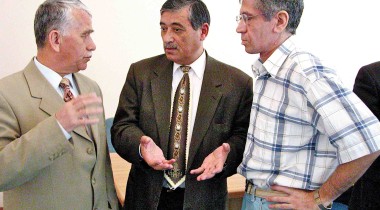
Following the success of the Dartmouth Conference, a team of Russians and Americans sought to use the same dialogue paradigm to help the people of Tajikistan resolve what, by 1993, was a vicious civil war. Several participants in the discussions went on to be part of the U.N.-sponsored team for peace negotiations. Following the signing […]
Armenia and Azerbaijan 1993 – 2007
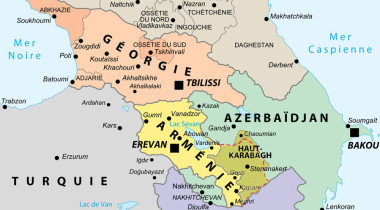
In an effort to resolve a conflict, sustained dialogue was employed to tackle a situation that had seen no movement toward resolution or shown any promise of doing so in the seven years following a ceasefire that ended violent fighting in 1994. After a year and a half, along with nine days of meetings, participants […]
Southern Africa 2003 – 2005
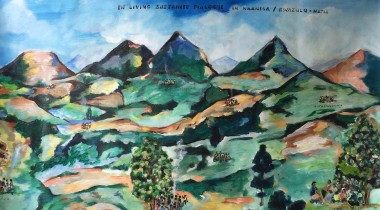
In 2003, Teddy Nemeroff, the founder of Sustained Dialogue at Princeton University and the Sustained Dialogue Campus Network, began work with the Institute for Democracy in Africa (Idasa). The goal was to integrate dialogue into Idasa’s work to address challenges related to economic development, reconciliation, race relations, and violence prevention in South Africa and Zimbabwe. […]
Arab-American European Dialogue 2004 – 2007
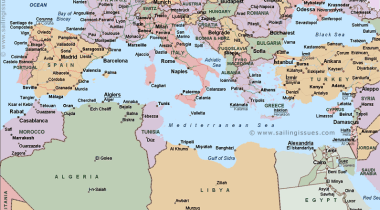
Following the events of Sept. 11, 2001, non-government leaders with interests in Middle Eastern democracy from Egypt, Jordan, Lebanon and Palestine and citizens from the U.S., U.K., France, Germany, Italy and Spain decided to engage in dialogue to combat stereotypes and keep building relationships in the face of armed conflict. Over the next four years, […]
